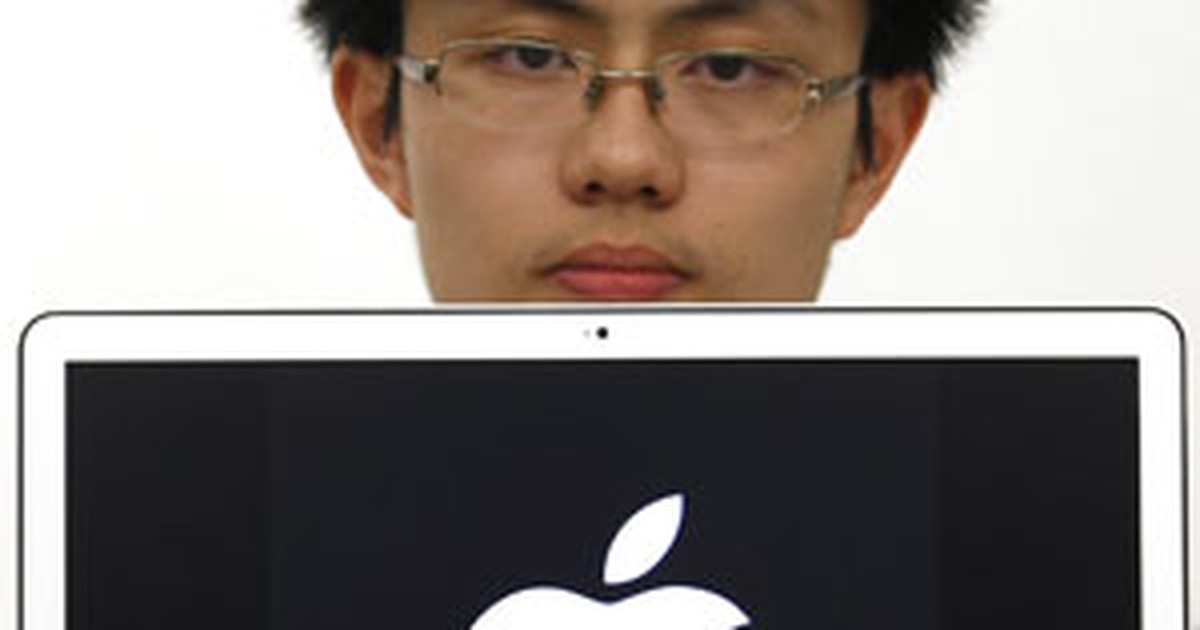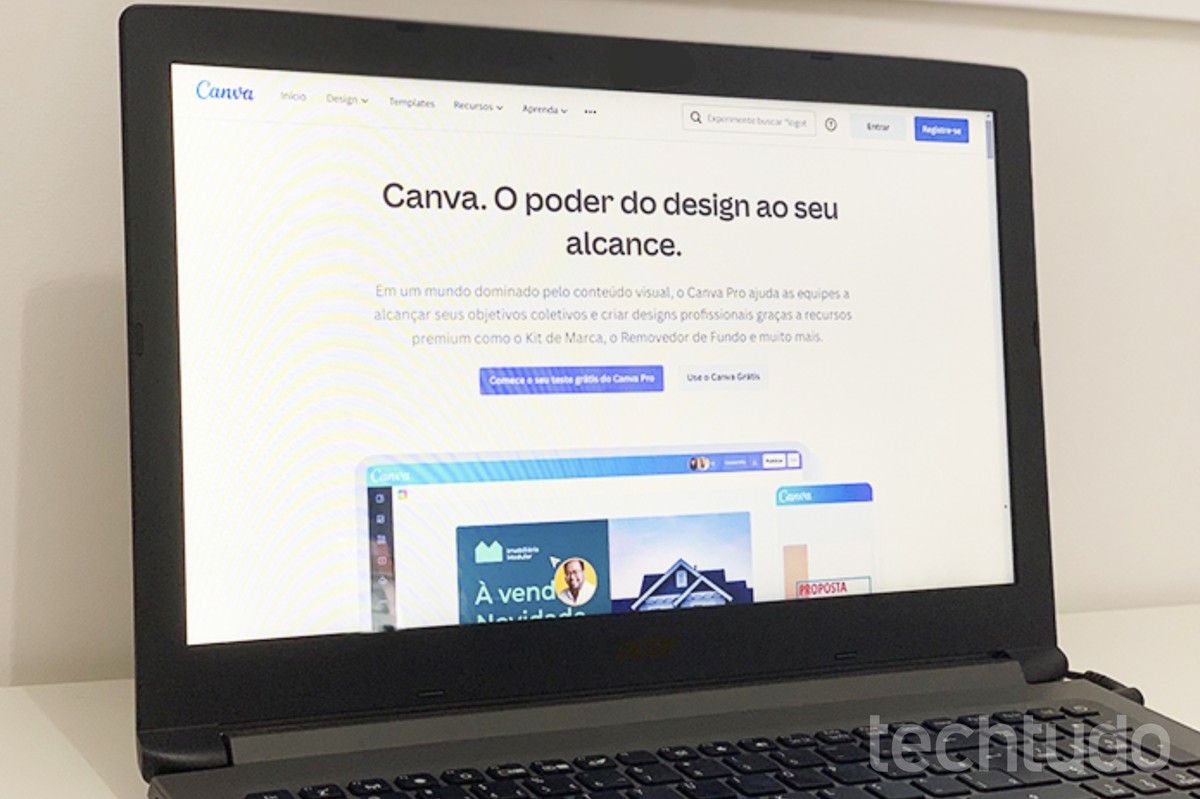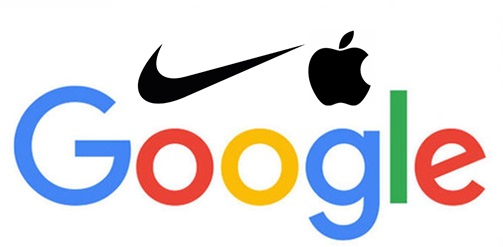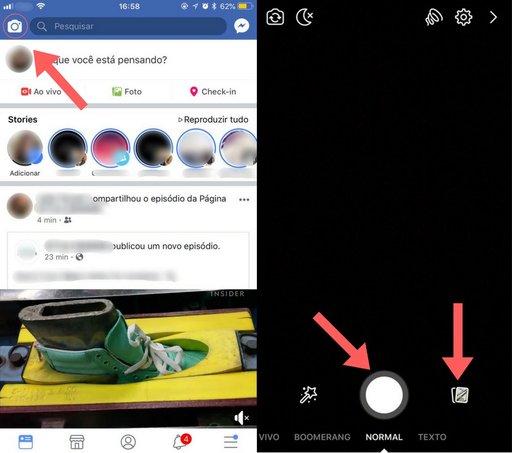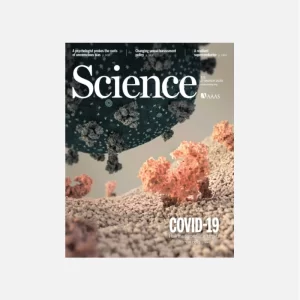Health AI: Geneva Initiative Launches Global Agency To Support … – Health Policy Watch
GENEVA – At the 1853 World Fair, the inventor of a new safety brake technology for elevators, Elisha Otis,
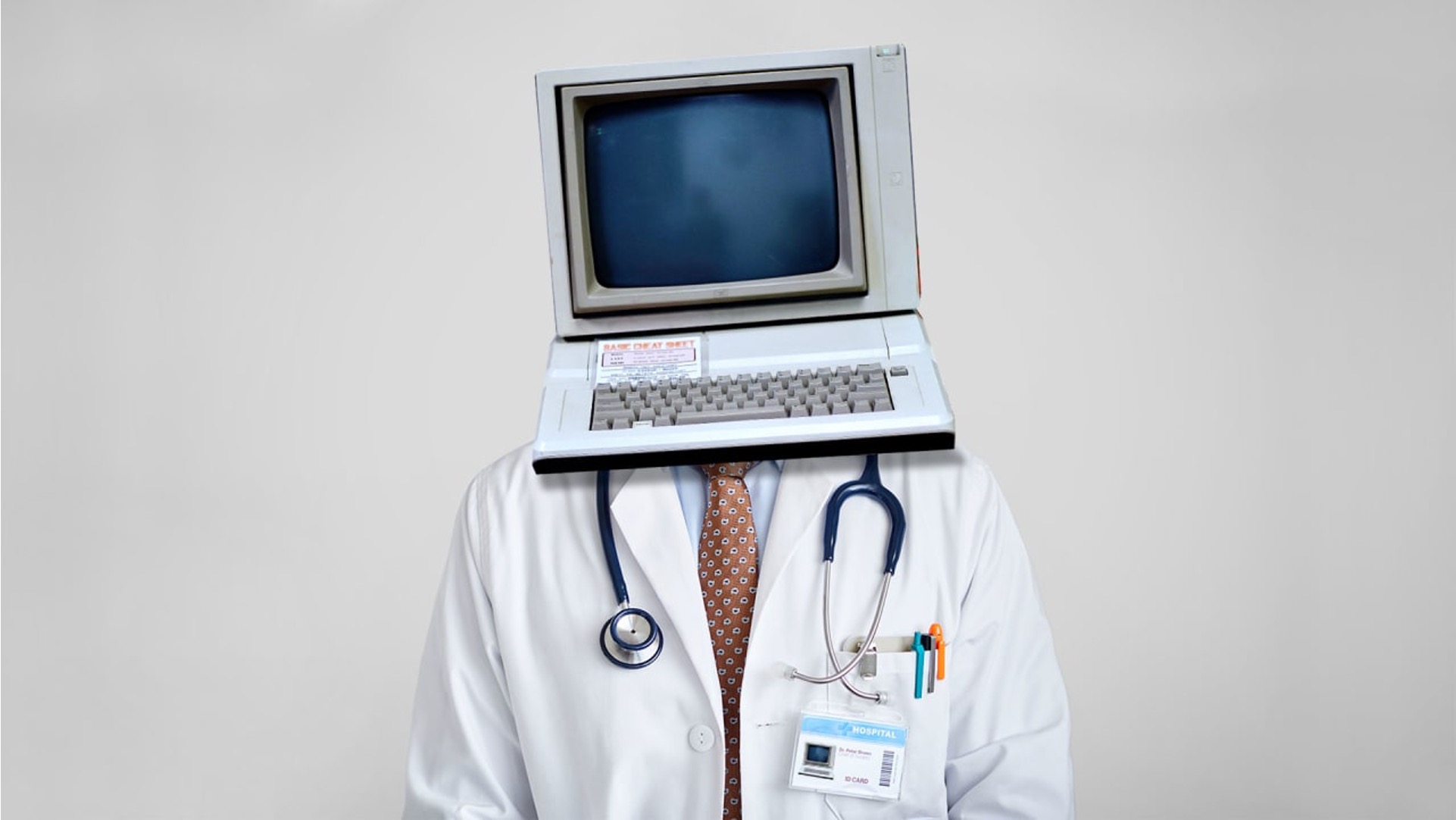
GENEVA – At the 1853 World Fair, the inventor of a new safety brake technology for elevators, Elisha Otis, demonstrated his innovation by posing an elevator right over the heads of a crowd of visitors and then cutting the cables. The new security brake kicked in.
His gimmick helped build trust in an innovation that led to the development of modern cities the world over.
“From New York to Johannesburg, to Geneva to Lisbon, this would have been impossible without the simple elevator that we get into probably every day without even thinking about it,” observed Dr Ricardo Leite, a Portuguese physician.
“It had to start somewhere, to build trust in a new technology that could change the world.”
Leite was speaking at the launch of Health AI, the Global Agency for Responsible AI in Health at a recent closed-door Geneva event that included leading members of Geneva’s international agencies and diplomatic corps.
Leite is the CEO of the newly reformed artificial intelligence (AI) initiative, which was first launched in 2019 at the Geneva Graduate Institute as I-DAIR, the International Digital Health and Artificial Intelligence Research Network, and headed by Amandeep Singh Gill, the UN Secretary General’s Tech Envoy.
Following a year-long strategy rethink, and having gained the status of a WHO implementing partner, Health AI has big ambitions to support not only research but AI rollout through the development and uptake of coherent regulatory policies nationally and worldwide.
The aim is for validated AI methods and devices to earn trust in health systems, just like the elevator did over a century ago.
Post-pandemic, new technologies for the diagnosis and treatment of diseases are growing by leaps and bounds. And with it, the pace of change in digital health technologies using AI is snowballing.
National and regional health systems face a huge challenge in meeting the fast-changing world of AI-powered medical devices – with evidence-based standards for review and approval that can help good or great innovations win acceptance.
“The world is a very different place [than what we knew] in 2019,” observed Leite. “We are in the middle of a scientific and technological revolution, not only because of machine learning and super-intelligence but because of the links between what’s happening in artificial intelligence with other sectors of the scientific revolution – from quantum computing to biotechnology to gene editing.”
He said that, in rethinking the strategy, the organisation went through an in-depth process with stakeholders and market analysis.
“A strong request from practically every stakeholder in the field was to address the lack of governance and regulatory frameworks for AI as it is applied to health, particularly with regards to safety issues, which is leading to distrust.
“But they also voiced concerns that we are not harnessing the potential that AI can provide, leading to better health.”
In response, the research network is now reinventing itself as a global agency to support countries – particularly low-and middle-income countries (LMICs) – to develop and roll out coherent AI policies and regulations for health and medical technologies. 
“It’s a major shift from where I-DAIR started,” observes Leite. “We are moving away from the research collaborative that we are, to becoming an agency.
“We’ve become an implementing partner of the WHO. We are part of the management team of the Global Initiative on AI for Health, which is a partnership between WHO, the International Telecommunication Union (ITU) and the World Intellectual Property Organization (WIPO),” he said.
Some AI technologies are already being widely used in healthcare settings. For instance, AI is now almost ubiquitous in the modern analysis of CT and MRI images to identify tumours and other physiological abnormalities.
“Most modern equipment is already using artificial intelligence, looking at millions of images to automatically interpret the image that comes out from a certain patient, providing a proposed interpretation,” said Leite in an interview with Health Policy Watch. “The final report is always validated by a human, by the radiologist. But this is a very practical example of what is already working and health systems around the world.”
But trust in new technologies also is a challenge. But new health interventions – from the earliest interventions such as clean water and sanitation to halt the spread of cholera to the COVID-19 vaccine – have often been met with wide public distrust that hindered their rollout and use.
“The lack of effective governance…is increasing the risk and also the distrust and hindering the adoption of responsible AI solutions towards better health outcomes” said Leite, speaking at the Geneva event at the lakeside residence of the Swiss Ambassador to the UN.
“So the question is when computers deal with your health, who really deals with the computer?” 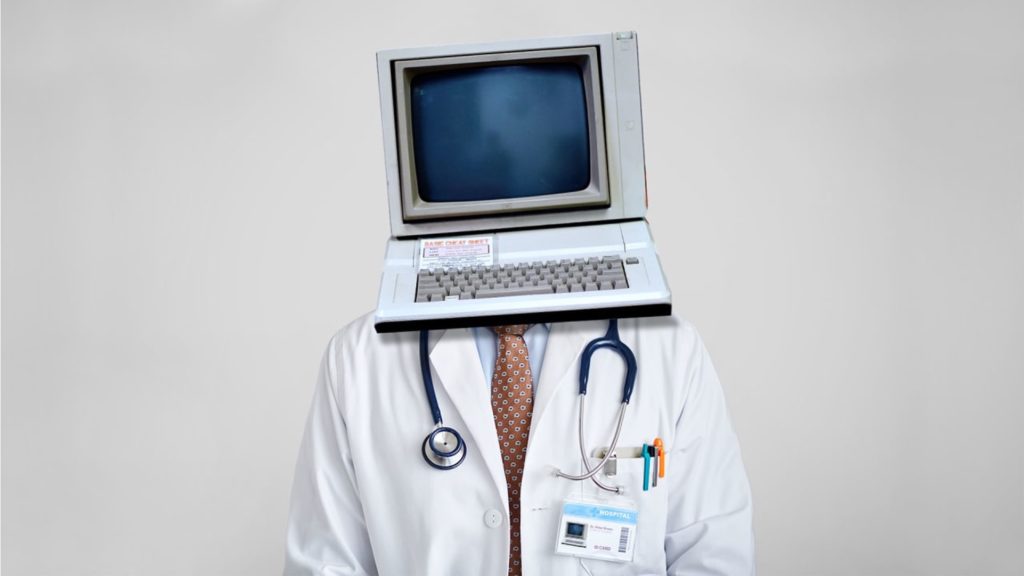
“And if every country is regulating [AI] differently, this is a nightmare for anyone developing technology. It just hinders the pace of innovation and hinders the pace at which people will actually have access to technology that can lead to better health outcomes.”
Leite knows about such governance challenges first-hand. As a Portuguese Member of Parliament and later the head of UNITE, Parliamentarians Network for Global Health, he was involved in developing and promoting strategies for better global health governance on topics ranging from infectious diseases to climate change – in countries around the world.
Even Europe, which has one of the strongest regulatory frameworks for medicines in the world, is the “wild west” when it comes to AI technologies, said Leite.
“There is really no firm oversight. There are a lot of attempts to address this, but we do not have a systemic global approach.”
While WHO would naturally lead the development of global guidelines on the use of AI in health, in collaboration with partners in ITU and WIPO, Leite expects that Health AI will become the “bridge” between the normative standards set by the international agencies and their real-life uptake and use by countries.
“The idea is to co-create [with WHO] these new standards. We anticipate that this will take one or two years. But we need to do this fast, because the trillions that are being invested will be translated into thousands of AI-driven tools that will flood the market”
Health AI also intends to build capacity at the regional level, training teams of people who are “capable of validating AI tools for health, to have access to their own markets and ensuring that they are complying with these responsible AI standards, similar to what is done today for medicines and medical devices”, says Leite.
He foresees that regulatory review of AI health innovations will be vested with national and regional medicines agencies that already exist – from the US Food and Drug Administration (FDA), to the European Medicines Agency (EMA) and the newly-formulated African Medicines Agency.
At the same time, he anticipates that sharing knowledge about evidence-based AI technologies between countries can accelerate their global uptake – much as national approvals for new vaccines today is often linked to regulatory reviews by agencies in other regions or countries.
“That’s why we believe in creating this network model across the world – to use that collective intelligence to address the volume issue,” he said.
He notes that the US FDA, one of the first national regulatory authorities to leap into AI regulation, has already become overwhelmed by the pace of innovation.
“New AI tools are increasing from a few dozen to 200 to 300 a year. And that is only the beginning, as trillions of dollars are invested into AI. So even richer countries need to understand this and to step up their game,” Leite said.
“With the rise of the number of technologies coming out, many countries won’t have the capacity to deal with the amount of volume of requests. The network will reduce costs and lead to savings. So if Finland approves a technology, Kenya and Germany can potentially approve it, without having to go through the whole process.
“Having that network will allow us to create a global repository where all of the tools as they are approved, can be posted.
“And that network is also going to be critical, because that way if something goes wrong with a piece of technology somewhere in the world, we can have an early warning system shared around the world so that all regulatory agencies can act accordingly.”
Once regulations for health AI are firmly in place, private sector inventors will have to submit their innovations for regulatory approval and pay application fees for regulatory review, just as medicines are processed today. That will yield income that can fund the regulatory agencies’ expansion to this new and largely unfamiliar AI frontier.
“This means the AI review can become self-sustaining and a source of revenue for regulatory agencies. As validation AI teams start working in countries, we as health AI will provide annual certification to these teams, making sure that they meet the global standards, as well as connecting them to global networks.
“Through the investment model we are proposing, high-income countries will get paid back in two years, while in low- and middle-income countries we will be able to see a payback in year four.”
Another issue that Health AI aims to address is the persistent, yawning gap between high and low-income countries in access to new health technologies of any kind, let alone AI-based ones.
“This whole pandemic really demonstrated the fragility of our health systems and the tremendous inequalities around the world,” Leite stressed.
Ensuring IP agreements and arrangements with the private sector don’t lock out LMICs will also be critical to ensure wide access to essential new AI technologies – which could also prove critical in warding off the next pandemic.
“We need to counteract ‘digital colonisation’ and narrow the digital divide between countries, creating opportunities.”
Ensuring that promising AI innovations also receive R&D support from the public sector can help ensure that they may become “global public goods” accessible to all, added José Barroso, board chair of the Vaccine Alliance, Gavi, another featured speaker at the Geneva event.
“Let’s call it the decoupling of serious risk, when it comes to global public goods,” added Barroso, a former president of the European Commission (2004-2014) and former Prime Minister of Portugal (2002-2004).
Leite envisions that Health AI can also help to assess a “fair price” for new technologies that have been validated, as well as strategies for reimbursement of costs for use through national health systems.
At the same time, it is important to ensure that AI remains in the service of mankind – and not the other way around – as some dystopian visions of the future have forewarned.
“It is commonplace to say that great opportunity, [brings] great challenges,” concluded Barroso. “Opportunities, because it can bring enormous benefits in terms of health. Some artificial intelligence is able to solve problems that we cannot solve. As for the challenges, these are obvious… namely issues of privacy, issues of political control, inequity and these are very serious.
Concluded Leite: “The first thing we learnt at medical school is first do no harm. It doesn’t mean avoiding all risks. It means ensuring that the benefits override the risks to a point that can lead to better health outcomes for most of the population.”
Combat the infodemic in health information and support health policy reporting from the global South. Our growing network of journalists in Africa, Asia, Geneva and New York connect the dots between regional realities and the big global debates, with evidence-based, open access news and analysis. To make a personal or organisational contribution click here on PayPal.
Do you really care about access and equity in global health? Your contributions are urgently needed to support our mission in open access global health journalism and our network of correspondents in Africa, Asia, New York and Geneva. Their reporting connects the dots between the regional realities and the big global debates. Every contribution – big or small – helps us sustain our reporting for the benefit of all.
Do you really care about access and equity in global health? Your contributions are urgently needed to support our mission in open access global health journalism and our network of correspondents in Africa, Asia, New York and Geneva. Their reporting connects the dots between the regional realities and the big global debates. Every contribution – big or small – helps us sustain our reporting for the benefit of all.
You must be logged in to post a comment.
